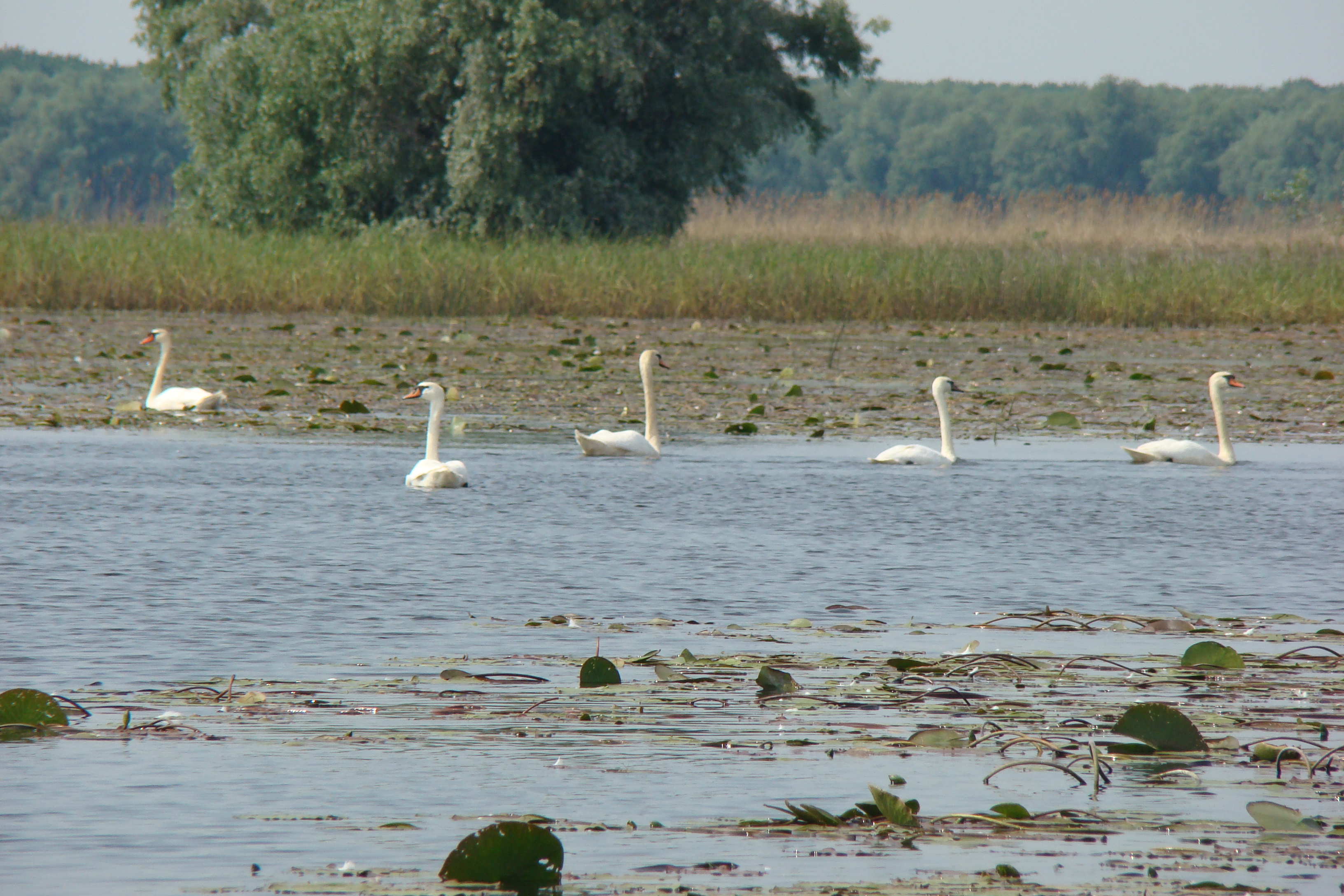Balancing local and global socio-ecological research needs in international LTER
10 June 2018
One of the objectives of the eLTER Horizon 2020 project is to evaluate the performance of LTSER platforms. Recently published research reflects part of this evaluation: six LTSER platforms were assessed through site visits, coupled with the reflections and insights of the platform managers.
A new paper in the journal Environmental Research Letters presents the result of an assessment of six Long-Term Socio-Ecological Research (LTSER) platforms around the world.
The study, which was supported in part by the EU-funded eLTER H2020 project, investigated the achievements of the LTSER platforms as well as the challenges involved in establishing and operating them. The tensions between top-down desires for network harmonization and bottom-up demands such as local policy relevance are described in the paper.
The lead author of the paper, Jen Holzer, was able to visit the European LTSER platforms included in the study (Cairngorms National Park LTSER, UK; Braila Island LTSER, Romania; Doñana LTSER, Spain) via the eLTER H2020 project's Transnational Access (TA) Scheme. Jen has written several blogs about her TA project.
Holzer et al. conclude that, while the international network (ILTER) offers important advantages to its members, a more productive balance between local and global goals could be achieved, and members may need to temper their expectations of what the network can and cannot offer at the local level.
Further information
- J M Holzer et al 2018. Negotiating local versus global needs in the International Long Term Ecological Research Network's socio-ecological research agenda. Environ. Res. Lett. 13 105003. DOI: https://doi.org/10.1088/1748-9326/aadec8
- Blogs by Jen Holzer describing her visits to selected European LTSERs
- More about the eLTER H2020 project
- More about the LTSER platform concept
